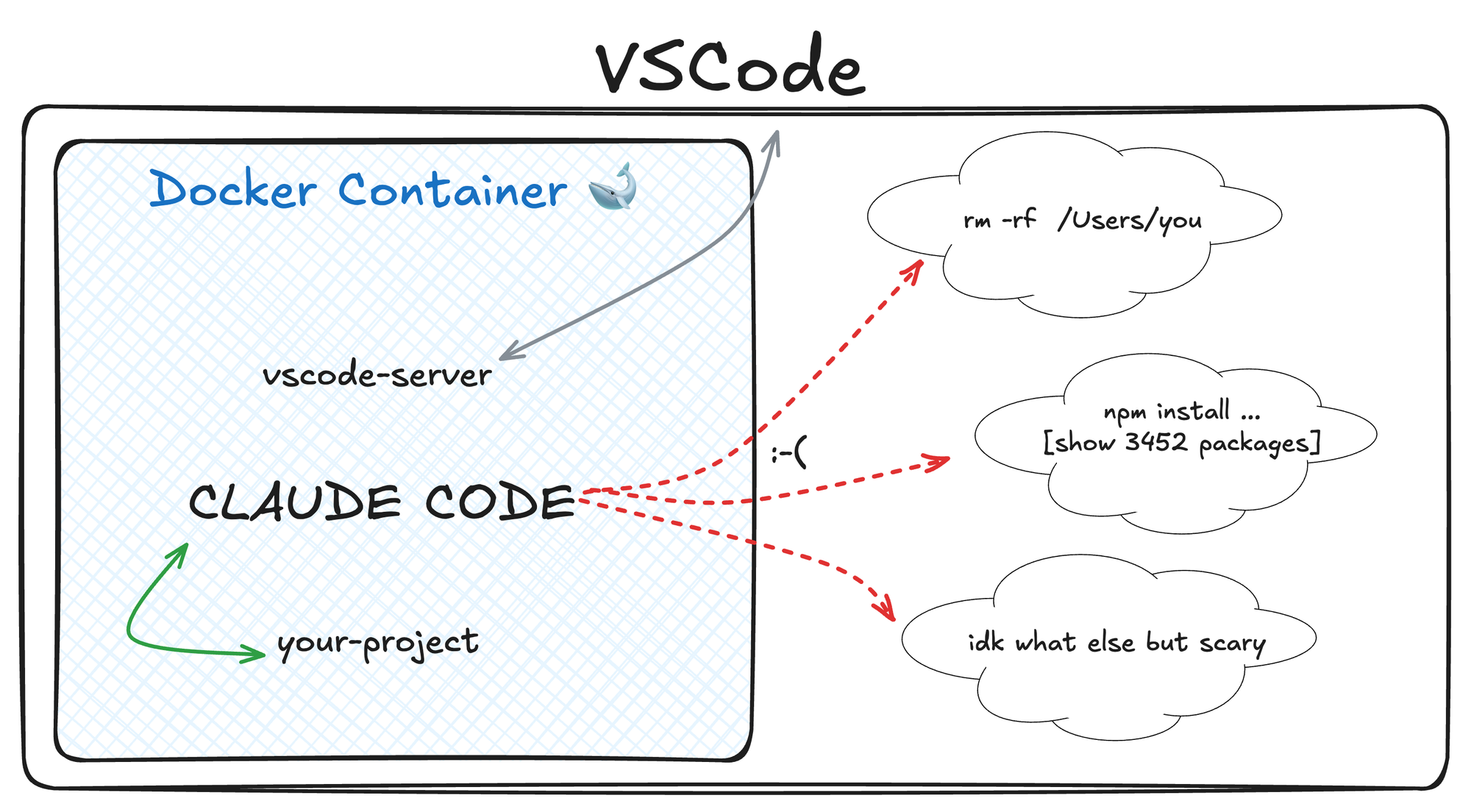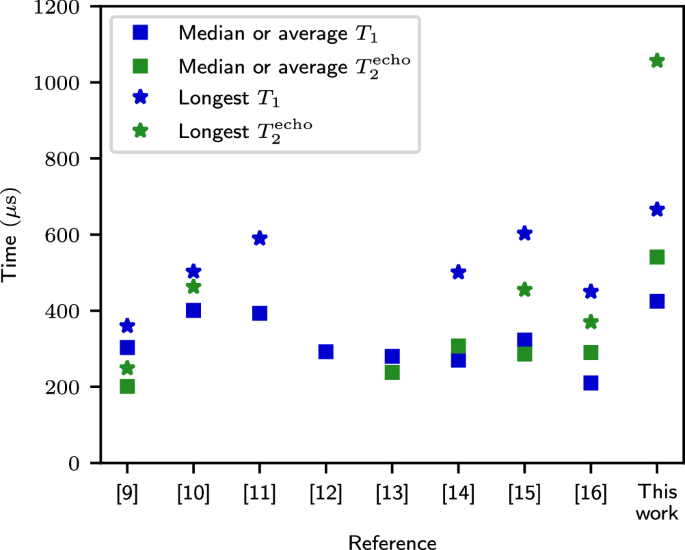OpenCut: A Privacy-Focused, Open-Source Video Editor
OpenCut is a free and open-source video editor for web, desktop, and mobile. Prioritizing user privacy, all videos remain on your device. While its basic features are currently behind a paywall, its ease of use has been proven. It boasts timeline-based editing, multi-track support, real-time preview, and is free of watermarks or subscriptions. Built with Next.js, the project includes UI components, custom React hooks, utility and API logic, state management, and TypeScript types. Detailed setup and contribution guidelines are provided; contributions are welcome.












